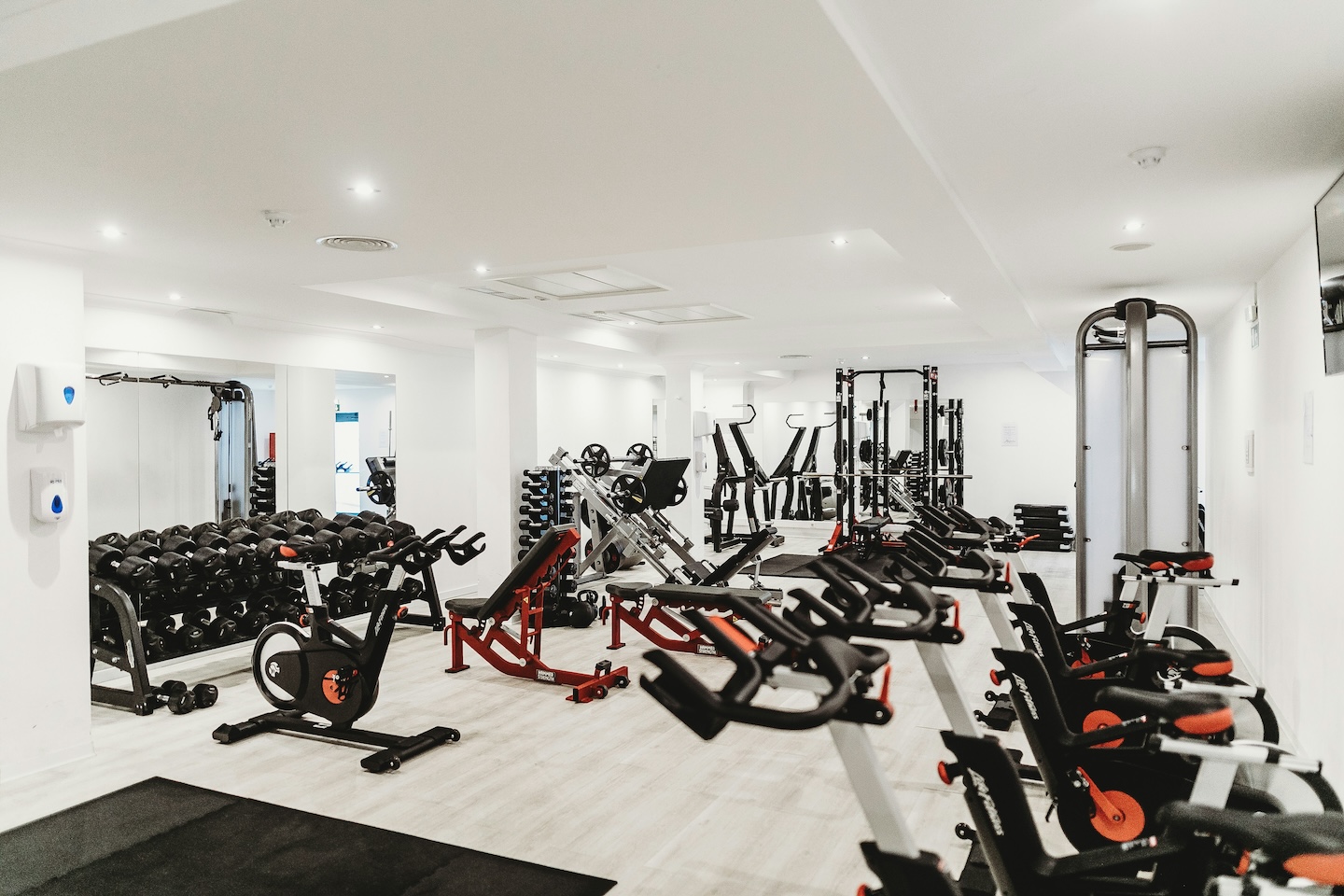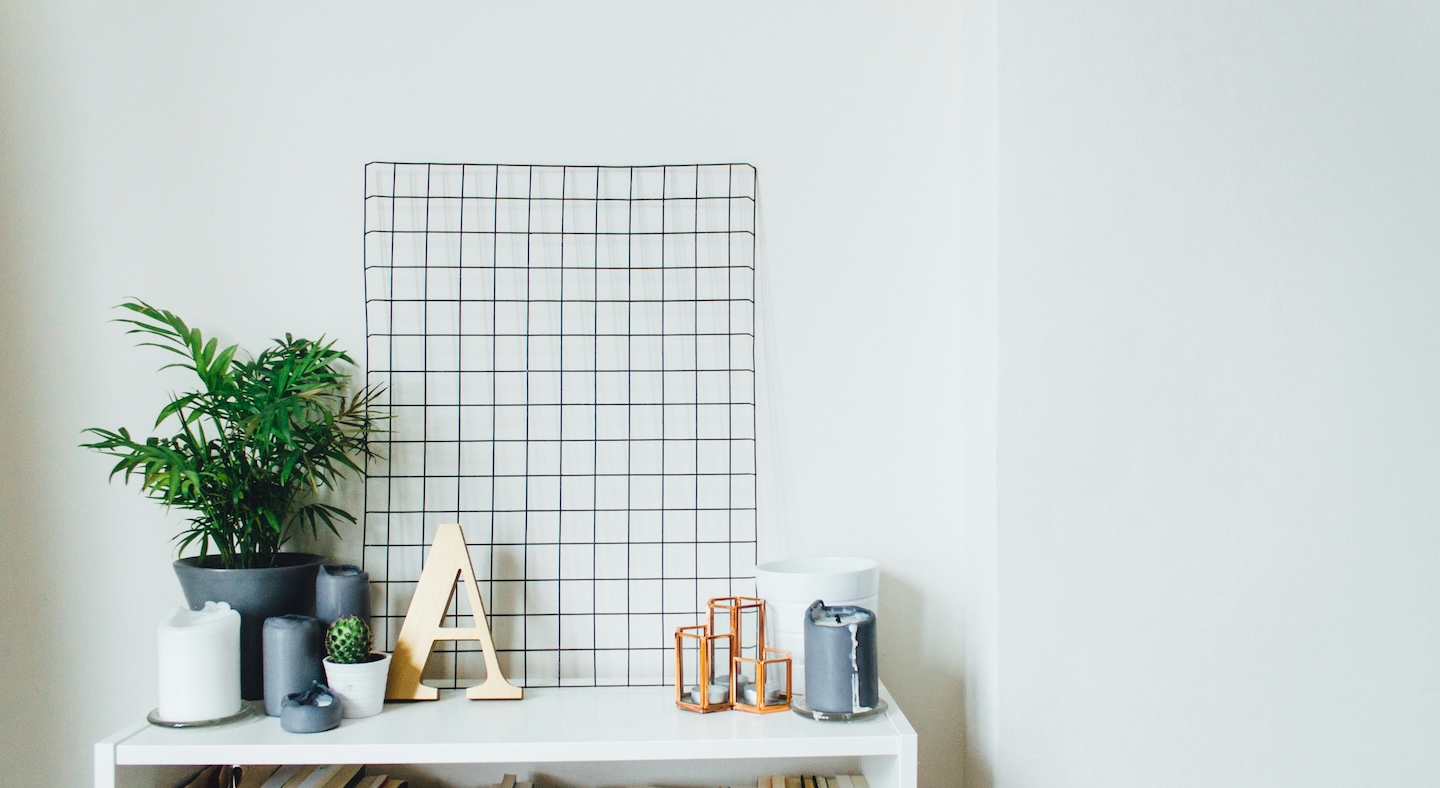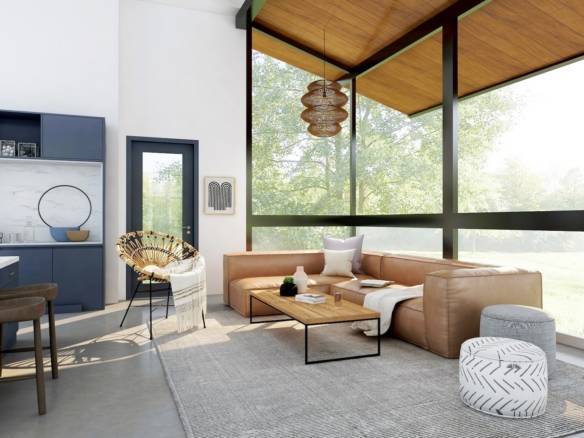Thailand is known for its rich culture, stunning landscapes, and vibrant cities. It has become an attractive destination for expatriates and retirees seeking to settle down. Whether you’re considering settling in bustling Bangkok, the serene beaches of Phuket, or the cultural hub of Chiang Mai, one of the key decisions you’ll face is whether to rent or buy a house. Both options come with their own set of advantages and disadvantages, and understanding them can help you make an informed decision.
Renting a House in Thailand
Flexibility: Renting offers unparalleled flexibility, allowing you to move freely without the commitment of a long-term investment. This is particularly beneficial if you’re uncertain about your future plans in Thailand or if you prefer the freedom to explore different areas before settling down.
Lower Initial Costs: Renting typically requires lower upfront costs compared to buying. You won’t have to worry about hefty down payments, property taxes, or maintenance fees, making it a more affordable option in the short term.
Maintenance Responsibility: In many rental agreements, the landlord is responsible for property maintenance and repairs. This means you won’t have to deal with unexpected expenses for fixing plumbing issues, electrical problems, or structural repairs.
Access to Amenities: Rental properties often come with access to amenities such as swimming pools, gyms, and communal areas, depending on the type of accommodation. This can enhance your quality of life without the added costs and responsibilities of ownership.

Disadvantages
Lack of Equity: When you rent, you’re essentially paying someone else’s mortgage. Unlike homeownership, where your monthly payments contribute to building equity, renting offers no financial return on your investment.
Rent Increases: Rent prices in Thailand, particularly in popular expat areas, can increase over time. While landlords are legally required to provide notice before raising the rent, frequent increases can impact your long-term budgeting.
Limited Customization: Renting restricts your ability to personalize and modify the property according to your preferences. You may need to seek permission from the landlord for any significant alterations, limiting your control over the living space.
Uncertainty: Renting offers no guarantee of long-term stability. Landlords may decide to sell the property or terminate the lease, forcing you to find alternative accommodation and disrupting your living arrangements.

Buying a House in Thailand
Advantages:
Building Equity: One of the most significant advantages of homeownership is the opportunity to build equity over time. As you pay off your mortgage, you gradually increase your ownership stake in the property, providing a valuable asset for the future.
Stability and Security: Buying a house offers a sense of stability and security, providing you with a permanent residence and greater control over your living environment. You won’t have to worry about sudden rent hikes or the risk of eviction, giving you peace of mind.
Investment Potential: Property values in Thailand have shown steady appreciation over the years, presenting a promising investment opportunity. Buying a house not only provides a place to live but also serves as a long-term financial asset that could yield significant returns in the future.
Customization: Homeownership grants you the freedom to customize and personalize your living space according to your tastes and preferences. Whether it’s renovating the kitchen, landscaping the garden, or adding additional rooms, you have the flexibility to make the property truly your own.

Disadvantages:
High Initial Costs: Purchasing a house in Thailand involves significant upfront costs, including a down payment, legal fees, and taxes. For many expatriates, especially those on a tight budget, the initial financial outlay can be daunting and may require careful financial planning.
Responsibility for Maintenance: Unlike renting, homeowners are responsible for all maintenance and repairs, including routine upkeep and unforeseen emergencies. This can add to the overall cost of homeownership and require a commitment of time and resources.
Market Volatility: While property values in Thailand have generally appreciated over time, the real estate market is subject to fluctuations and economic uncertainties. A downturn in the market could potentially affect the value of your property and your overall investment returns.
Limited Mobility: Buying a house ties you down to a specific location, reducing your flexibility to relocate easily. If your circumstances change or you decide to move elsewhere, selling the property may take time and could involve additional expenses such as agent fees and taxes.







